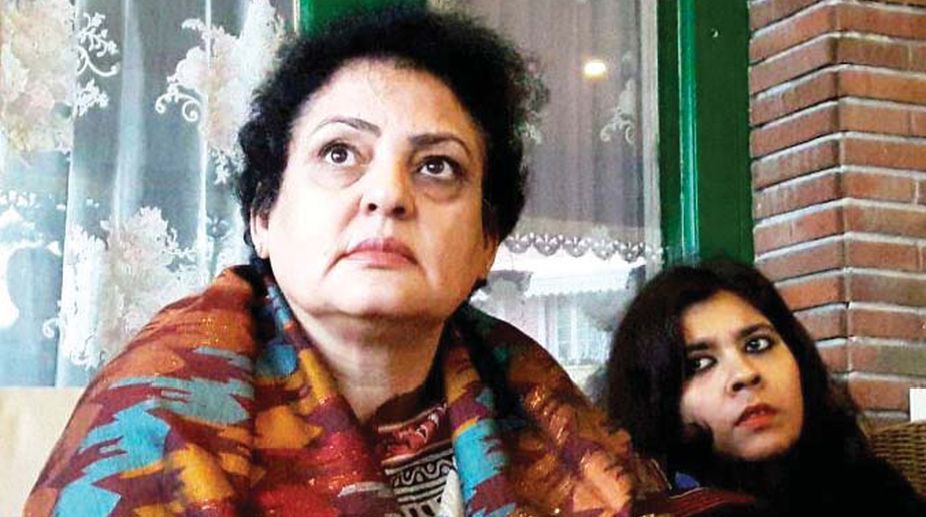Govt cancels passports of 45 NRIs who abandoned their wives
Maneka Gandhi said the government has also introduced in Rajya Sabha a bill to give justice to the women who have been abandoned by their NRI husbands.
The apex women’s body launched a series of ‘Awareness Programmes on NRI Marriages: Do’s and Don’ts, A Way Forward’ across different districts of the states to disseminate information on the possible risks involved in such marriages.

Chairperson of the National Commission for Women, Rekha Sharma
The National Commission for Women (NCW) launched a series of ‘Awareness Programmes on NRI Marriages: Do’s and Don’ts, A Way Forward’ across different districts of Punjab to disseminate information on the possible risks involved in NRI marriages and to create awareness about preventive measures and legal remedies available for victims.
NCW Chairperson Rekha Sharma, Kuldeep Singh Dhaliwal, Punjab Minister of NRI Affairs Kuldeep Singh Dhaliwal, Punjabi University Vice-Chancellor Prof Arvind, and NCW Member Secretary Meeta Rajiv Lochan graced the occasion.
These programmes aim to familiarise victims of NRI marriages with their rights, deliberate upon the challenges faced by aggrieved women in getting substantial relief through remedies available under the Indian legal system, and seek possible solutions to effectively reduce them.
Advertisement
The NCW invited experts from the judiciary, administration, and academia as resource to inform and educate the participants on the role played by different machineries to provide relief to aggrieved women.
In her address, Rekha Sharma said that it is very important that girls are given equal opportunities as boys especially in education so that she is empowered and independent.
“These awareness programmes will be successful only if families and societies change their mindset. Kindly be aware and do all the proper checks before getting your daughters married. It is our collective responsibility to uproot this evil. NCW is committed to raising awareness across the State and we request you to join hands with us,” she added.
The awareness programmes were divided into four technical sessions. The first session was on the ‘Role of judiciary in providing relief to women aggrieved in NRI Marriages’, the second on the ‘Role of Police’, the third on the ‘Role of legal machinery’, and the fourth session was on ‘Sociological aspects of NRI Marriages’.
Advertisement